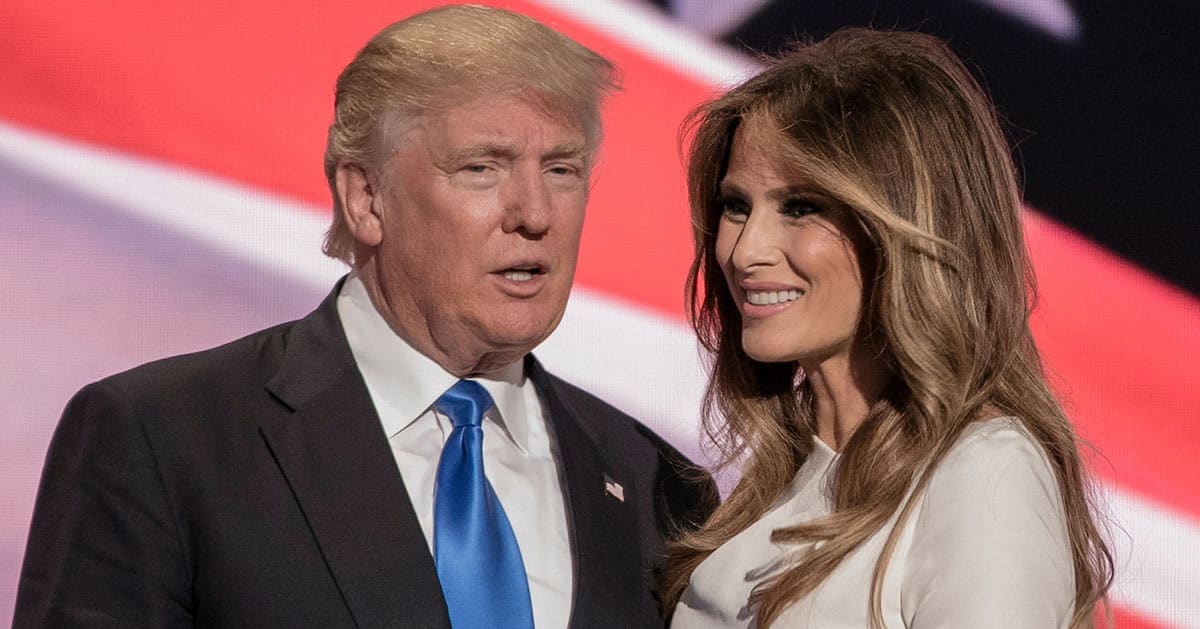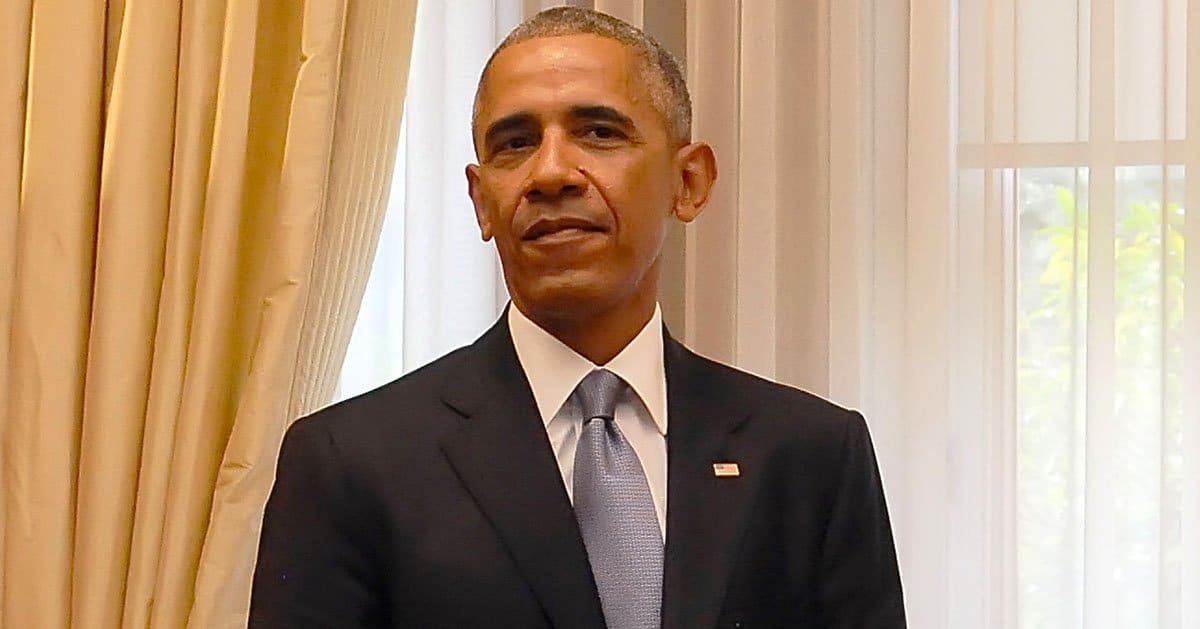






In a recent decision that has spurred national debate, the Alabama Supreme Court ruled that under state law, frozen embryos should be considered as children. This ruling has significant implications for the legality and accessibility of in vitro fertilization (IVF) treatments across the state.
The Alabama Supreme Court's decision to classify frozen embryos as children has brought IVF services to a temporary halt and provoked a heated discussion across political and ethical spectrums.
Fox News reported that Trump reportedly wants Alabama's Supreme Court to modify their decision to avoid harming fertility treatments, something that he has made clear he supports.
Specifically, the court used these laws to extend the definition of children to include frozen embryos, basing their judgment on an 1872 state law pertaining to wrongful death, which historically covers "all unborn children."
Amidst the contentious aftermath of the ruling, former President Donald Trump took to social media to voice his opinion. On Truth Social, he expressed a robust endorsement for IVF, emphasizing the importance of supporting families in their quest to conceive.
"Under my leadership, the Republican Party will always support the creation of strong, thriving, healthy American families," Trump posted, advocating for accessible fertility treatments across the United States.
His statement stressed the significance of aiding couples who aim to have children, highlighting the "ultimate joy" that comes with parenthood.
Trump called on the Alabama Legislature to find a swift resolution to ensure that IVF services can continue in Alabama.
Justice Jay Mitchell, in his opinion for the court, underscored that the law makes no distinctions among unborn children, regardless of their developmental stage or location.
This ruling originated from suits filed by three couples after an incident leading to the destruction of their frozen embryos at a local fertility clinic, thus bringing the matter under legal scrutiny as a case of wrongful death.
The decision has led to the suspension of IVF services at some clinics, directly impacting couples seeking fertility treatments in Alabama.
Lila Rose, president of the pro-life group Live Action, expressed her support for the ruling, citing it as a protective measure for embryos, which she views as deserving of legal rights from conception.
This perspective aligns with a broader pro-life stance that emphasizes the value and rights of embryos and fetuses. "Each person, from the tiniest embryo to an elder nearing the end of his life, has an incalculable value that deserves and is guaranteed legal protection," Rose stated.
On the other side of the political spectrum, President Joe Biden and Vice President Kamala Harris have linked the Alabama ruling to broader national discussions about reproductive rights, particularly in the aftermath of overturning Roe v. Wade.
Vice President Harris, during a speech on reproductive rights, criticized what she perceives as contradictory stances within Republican policies on reproductive issues.
Harris argued that the policies, which restrict both the ability to end an unwanted pregnancy and the ability to start a family through methods like IVF, reveal inherent inconsistencies.
"On the one hand, the proponents are saying that an individual doesn’t have a right to end an unwanted pregnancy and, on the other hand, the individual does not have the right to start a family," Harris remarked, outlining her concern over these conflicting values.
In conclusion, the Alabama Supreme Court's ruling has ignited a multifaceted debate involving legal interpretations, personal rights, and political ideologies. The decision has implications not only for the legal status of embryos but also for the practical access to fertility treatments like IVF.
As the nation watches closely, the reactions from various stakeholders, from former President Trump to current national leaders, highlight the complex interplay between law, ethics, and the politics of reproduction. The ongoing discussions and potential legislative responses will significantly shape the landscape of reproductive rights in the U.S. moving forward.



